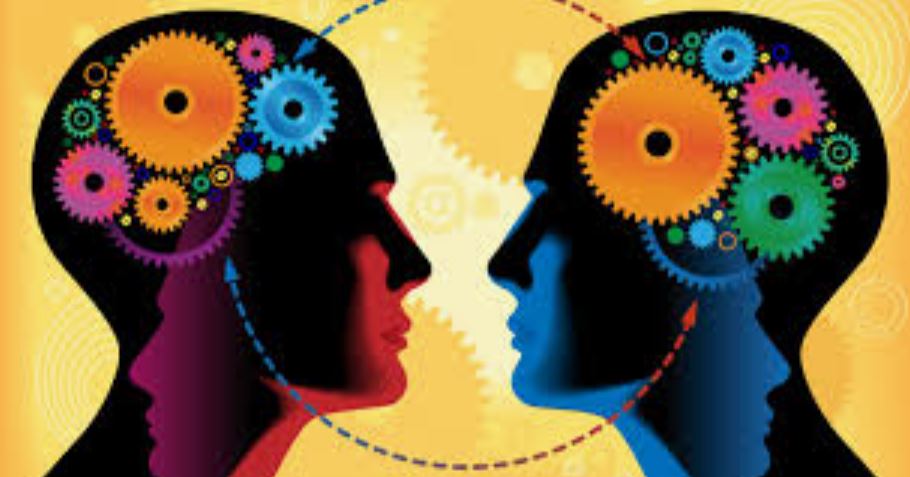
Mirror neurons are a type of brain cell that are active both when an individual performs a certain action and when they observe someone else performing the same action. They were first discovered in the brains of macaque monkeys, and subsequent research has suggested that they are also present in humans.
The discovery of mirror neurons has led researchers to hypothesize that they play a role in a variety of cognitive processes, including empathy, imitation, language learning, and social interaction. For example, mirror neurons may be responsible for allowing individuals to understand the intentions and emotions of others by allowing them to simulate the actions of others in their own brains.
Research into mirror neurons is ongoing, and there is still much to be learned about their exact function and how they interact with other neural systems in the brain. However, their discovery has already had significant implications for fields such as neuroscience, psychology, and philosophy.
How the Mirror Neurons affect us
Mirror neurons are believed to play an important role in a variety of cognitive processes, and their discovery has had significant implications for our understanding of how we interact with others and understand the world around us.
One of the main ways that mirror neurons affect us is by allowing us to understand the actions and intentions of others. When we observe someone performing a certain action, mirror neurons in our brain are activated as if we were performing that action ourselves. This allows us to simulate the actions of others in our own minds, which in turn allows us to understand their intentions and emotions.
Mirror neurons also play a role in social learning and imitation. By allowing us to simulate the actions of others in our own brains, mirror neurons make it easier for us to learn new skills by observing others. They may also be involved in the development of language, as they allow us to understand the meaning behind the words that we hear by simulating the actions and intentions that they describe.
Finally, mirror neurons are believed to play a role in empathy and social connection. By allowing us to understand the emotions and intentions of others, mirror neurons make it easier for us to connect with others on an emotional level and to feel empathy for their experiences.
Overall, the discovery of mirror neurons has deepened our understanding of how the brain works and has opened up new avenues of research into the neural basis of social cognition and behavior
How to Use the Mirror Neurons to our advantage
While mirror neurons are a natural part of our brain function, there are ways that we can use them to our advantage in our daily lives. Here are some ways to harness the power of mirror neurons:
1. Practice intentional observation: Actively observe others, paying close attention to their actions, expressions, and emotions. This can help you develop a stronger understanding of the people around you and their intentions, which can lead to better social interactions.
2. Engage in social activities: Participate in social activities that involve teamwork or cooperation, such as team sports, group projects, or community service. This can help you develop empathy and connection with others, strengthening your mirror neuron connections.
3. Use positive language: When you describe an action or experience to others, use language that describes positive or helpful behaviors. This can help activate mirror neurons associated with positive actions and encourage those around you to engage in those behaviors as well.
4. Practice visualization: Visualize yourself performing a desired action or achieving a goal. This can help activate mirror neurons associated with that action and may help you achieve your desired outcome.
5. Practice mindfulness: Take time each day to be present and focus on your surroundings. This can help you develop greater awareness of your own actions and emotions, which can help you understand the actions and emotions of others more effectively.
By practicing these techniques, you can use mirror neurons to your advantage and improve your social interactions, empathy, and understanding of others.
Please visit my website to see my services and book a COMPLIMENTARY CALL.
